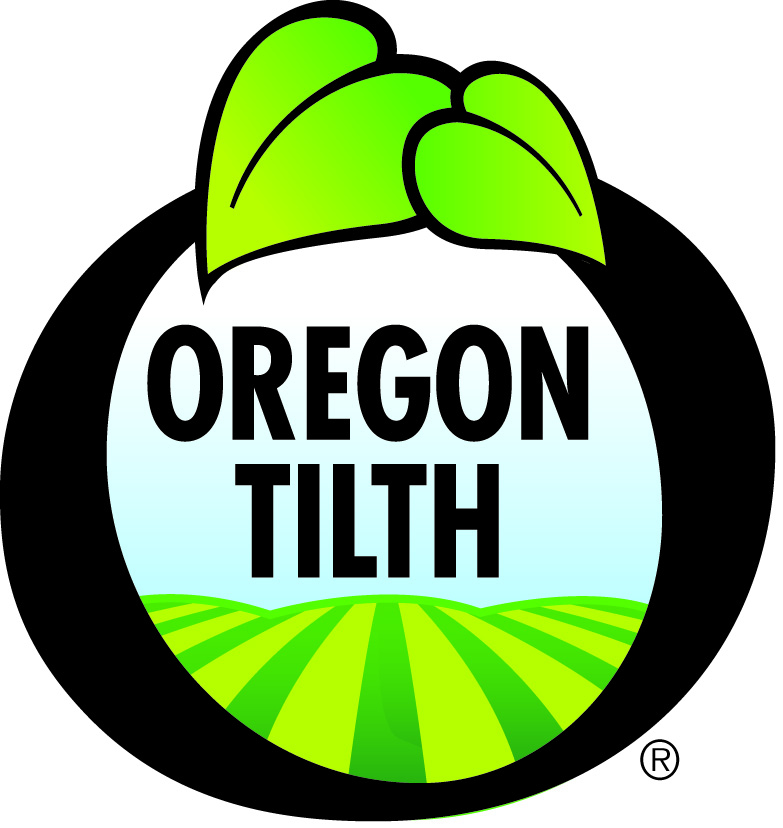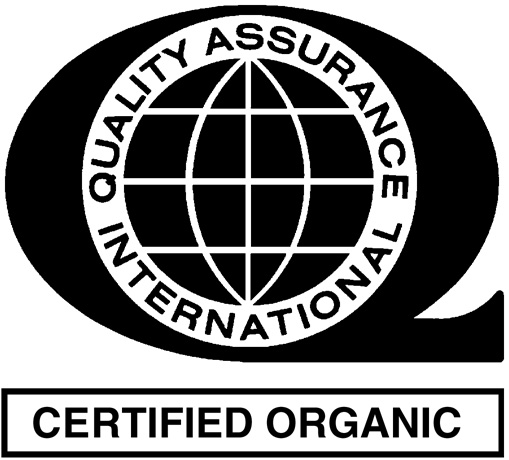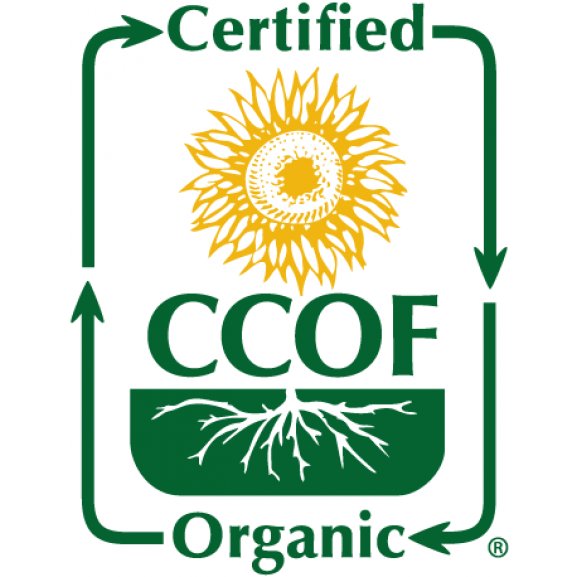
Reducing Food Waste in Foodservice
October 16, 2018 by Doreen Garelick, Dietetic Intern
Our intern Doreen attended a food waste summit for restaurants and compiled these tips to help food service operators redirect…
Nutrition 101
April 9, 2013

Dietetic Intern Chui T. Pereda discusses the use of genetic engineering in food and weighs in on the pros and cons of GMO products.
Genetically-Modified Organisms (GMOs) are foods whose DNA have been altered to display desirable characteristics. All foods that have undergone genetic engineering are designed to display one of three basic traits: resistance to insect damage, resistance to viral infections and tolerance towards certain herbicides. This technology is relatively new; the FDA approved the first GMO crop -- a tomato that ripens slowly after harvesting -- in 1994. Because this approach is novel, there are inadequate long-term studies to understand the long-term effects of GMO crops. This article will highlight what the advocates and critics are saying and – if you’re averse to consuming GMO products -- teach you how to avoid them.
After decades of testing and use, plant biotechnology promises to deliver a host of new products for the future. Some of the advantages include:
Potential Increase in Agricultural Productivity
Potential Environmental Benefits
Although the FDA has approved the sale of GMO foods, some people believe there are long-term health and environmental risks. Here are some of the arguments:
Environmental Hazards
Human Health Risks
Currently, up to 85% of U.S. corns, 91% of soybeans and 88% of cotton are GMOs. An estimate of 75% of all processed foods -- soups, soda, candy, crackers etc. -- contain genetically altered ingredients. If you decide to avoid GMO foods, here are five helpful tips to follow:
 |
 |
 |
 |
What are your views on GMO? Opportunity or ordeal? Let us know in the comments section below.
Works Cited
20 questions on genetically modified foods. World Health Organization. http://www.who.int/foodsafety/publications/biotech/20questions/en/. Accessed April 5, 2013.
Weighing the GMO arguments. Food and Agriculture of the United Nations. http://www.fao.org/english/newsroom/focus/2003/gmo7.htm. Published March 2013. Accessed April 5, 2013.
GMO risks. GMO Awareness. http://gmo-awareness.com/all-about-gmos/gmo-risks/. Accessed April 5, 2013.
Tips for avoiding GMOs. Center for Food Safety. http://www.centerforfoodsafety.org/issues/311/ge-foods/non-gmo-shoppers-guide-325/1846/tips-for-avoiding-gmos. Accessed April 5, 2013.
How to avoid foods made with genetically modified organisms. Center for Food Safety. http://www.centerforfoodsafety.org/files/cfs-shoppers-guide1_94012.pdf. Accessed April 5, 2013.

October 16, 2018 by Doreen Garelick, Dietetic Intern
Our intern Doreen attended a food waste summit for restaurants and compiled these tips to help food service operators redirect food waste from landfills.
Nutrition 101

Nutrition 101
September 26, 2018 by Doreen Garelick, Dietetic Intern
Ever notice headlines about rapid weightloss? Dietetic Intern Doreen Garelick looks deeper into a recent eye-catching headline to see if there's any truth behind it.
Connect
 Follow us on Twitter
Follow us on Twitter Friend us on Facebook
Friend us on Facebook Follow us on Pinterest
Follow us on Pinterest Follow us on Instagram
Follow us on Instagram Read our Blog
Read our Blog Watch videos on YouTube
Watch videos on YouTube Watch videos on Vimeo
Watch videos on Vimeo Connect with us on Linkedin
Connect with us on Linkedin Find us on Foursquare
Find us on Foursquare
Tweets by @SPEcertifiedBlog Search
Categories
SPE Certified Newsletter
Sign up for news on the latest SPE-certified venues, events and SPE updates.
We will never share your personal information with a third party.